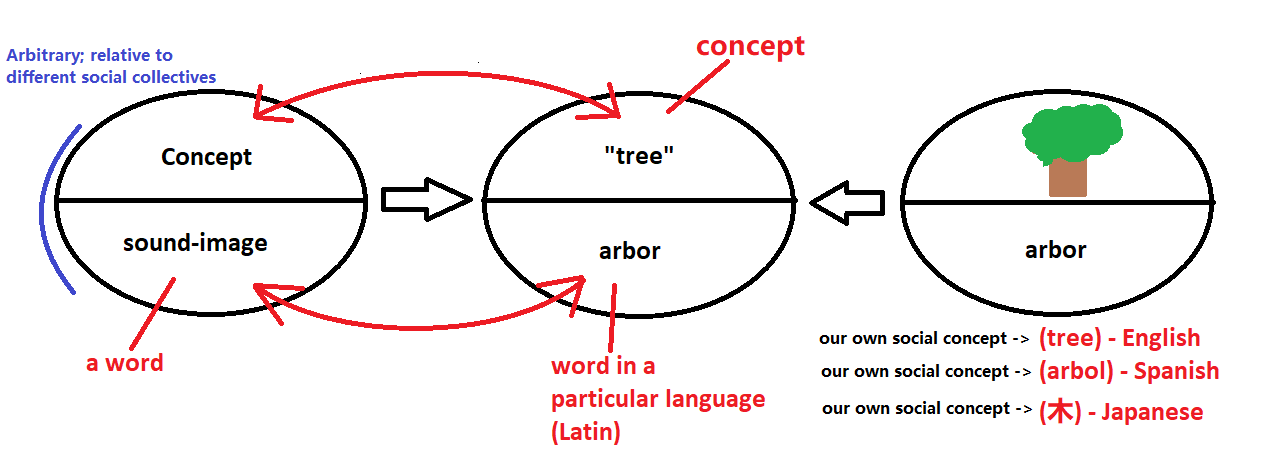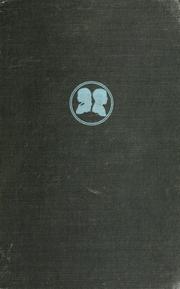

Played this game without any concern for the conditions affecting To wonder what exactly these connections showed, and how they Languages with one another, and eventually they could not fail In fact, from then on scholarsĮngaged in a kind of game of comparing different Indo-European What a language is than during the thirty years that followed Surprisingly, there was never a more flawed or absurd idea of Languages could be compared with one another that a bond or relationshipĮxisted between languages often separated geographically by greatĭistances that, as well as languages, there were also great languageįamilies, in particular the one which came to be called the Indo-European Not evident: this is the sensational phase of discovering that But not yet inĪ third phase in which this spirit of linguistics is still The study of inscriptions and their language. In quite a different spirit from traditional grammar for instance, Up countless sources relevant to linguistic issues, treating them In general, the philological movement opened Ritschl's revision of the text of Plautus may be considered the Periods, thus to some extent embarking on historical linguistics. The critical principle demandedĪn examination, for instance, of the contribution of different Henceforth, language studies were no longer directed Within the sphere of philology, and consequently subjected to The language was just one of the many objects coming

Introduced a new principle: the method of critical examination In 1777, Friedrich Wolf, asĪ student, wished to be enrolled as a philologist. The great philological movement of classical philology,Ĭarrying on down to our own day. 'philological' school at Alexandria), came 2) Talking of major movements (and leaving out the precursors, the Later and only at the beginning of the 19th century, if we are That is, dominated by a preoccupation with laying down rules,Īnd distinguishing between a certain allegedly 'correct' languageĪnd another, allegedly 'incorrect' which straight away precludesĪny broader view of the language phenomenon as a whole. All traditional grammar is normative grammar, Had any philosophical view of a language as such. The first of these phases is that of grammar, inventedīy the Greeks and carried on unchanged by the French. Three successive approaches adopted by those who took a languageĪs an object of study. The course will deal with linguistics proper, not with Introductory chapter: Brief survey of the history of linguistics Reproduced here are the first few and last few pages of what are notes taken by a student of Saussure's lectures. Source: Saussure's Third Course of Lectures on General Linghuistics (1910-1911) publ. Saussure's Lectures on General Linguisticsįerdinand de Saussure (1910) Third Course of Lectures on General Linguistics


 0 kommentar(er)
0 kommentar(er)
